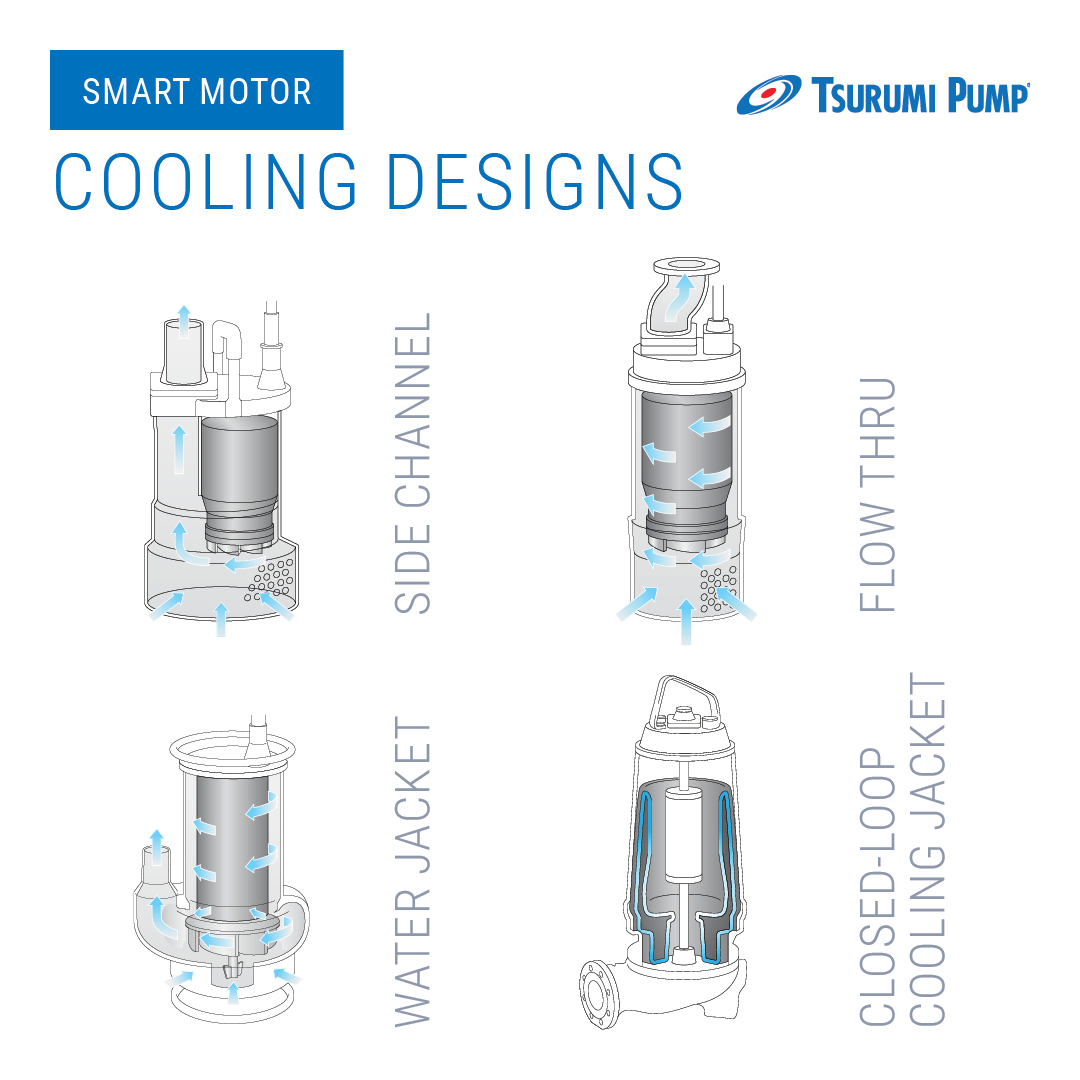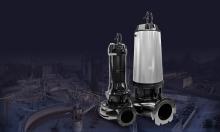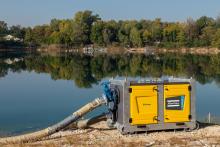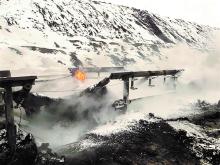
Tsurumi offers four main motor cooling design methods: side channel, flow thru, water jacket, and a closed-loop cooling jacket design with internal recirculation. All play a critical role in preventing overheating and maintaining optimal temperatures that support motor performance and durability.
“Effective motor cooling is essential for all submersible pumps to prevent catastrophic damage,” said Pat Donahue, applications engineer at Tsurumi. “When motor temperatures exceed the ratings of critical components such as seals, gaskets, and O-rings, the risk of failure increases significantly. Tsurumi provides a range of motor cooling solutions tailored to meet the diverse needs of the various pump markets we serve.”
One of Tsurumi’s most impressive motor cooling methods is its patented closed-loop cooling jacket design with internal recirculation. This system uses a glycol-water mix that flows across the motor surface, providing efficient cooling while preventing contamination from wastewater. Key advantages of this technology include effective temperature control to prevent overheating and reduce thermal stress on components, resulting in extended pump life.
“The closed jacket cooling method is particularly beneficial in sewage and wastewater applications, where solid-laden water can clog traditional cooling methods,” Donahue explained. “The AVANT MQ’s design ensures reliable cooling without the risk of blockages. Maintenance for the cooling jacket is minimal, requiring coolant changes only when mechanical seals need replacement or after specific repairs.”
Another cooling method is Tsurumi's water jacket design, which incorporates a water jacket surrounding the motor casing. A portion of the water is allowed to flow completely around the motor on its way to the side discharge. This design feature enables the unit to operate at low water levels for extended periods of time. This method is used in several of the company's most popular models, including GPN, GSZ, and BK.
While cooling jacket designs offer unique benefits, Tsurumi’s side channel and flow-thru motor cooling methods are equally reliable, and both are widely used in the manufacturer’s pumps.
Side channel cooling directs pumped water to flow around the motor, absorbing heat generated by the motor before being discharged from the pump’s side. This method ensures continuous cooling, maintaining the motor’s optimal operating temperature and preventing overheating. Even in run-dry conditions, air will be forced through the channel, thereby cooling the motor.
The flow-through cooling design includes both an inner and outer motor casing. This allows water to flow completely around the motor before reaching the top centerline discharge. This design enables the unit to function at low water levels for long periods and allows for a reduced overall diameter of the pump, making it suitable for installation in tight spaces.
Both cooling methods, along with Tsurumi’s cooling jacket designs, ensure efficient heat management and consistent pump performance, even in demanding environments.
“Tsurumi’s cooling styles generally allow pumps to operate effectively at lower levels than similar models without jackets,” Donahue added. “With the growing popularity of sewage and wastewater dry pit lift station applications, where the pump is in a separate chamber from the wastewater, maintenance is more accessible. Obviously, there is no water in a dry pit, so cooling must come from methods such as cooling jackets.”
For more information on Tsurumi Pump’s products and technologies, click here.









